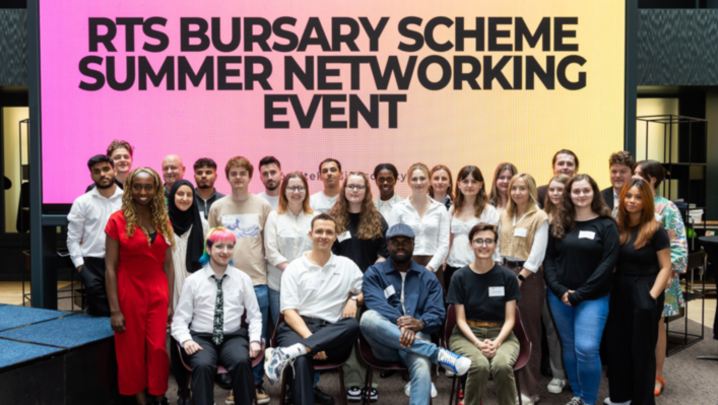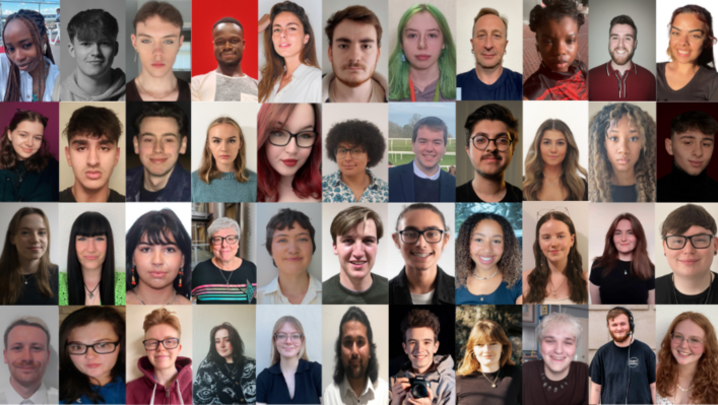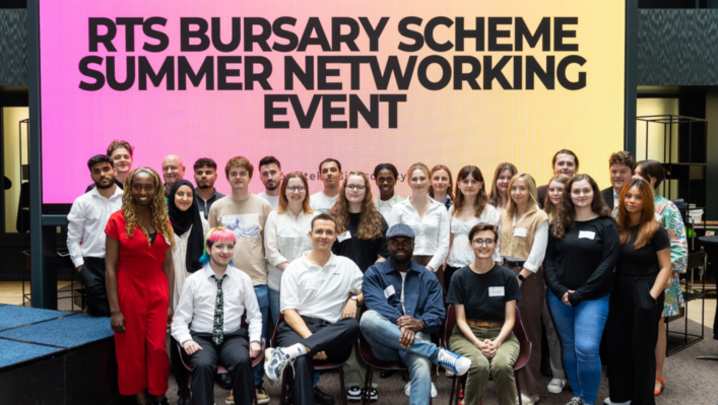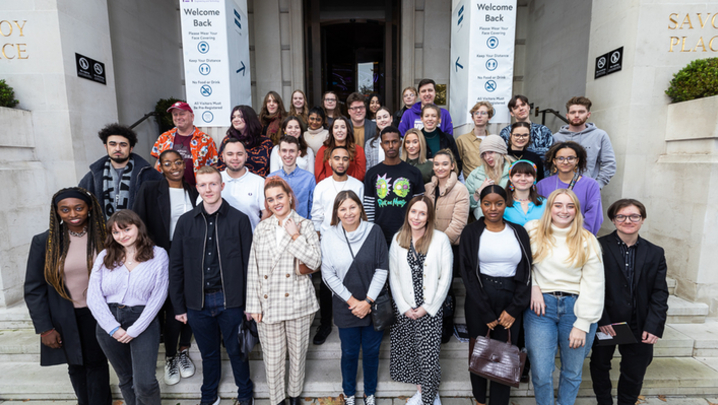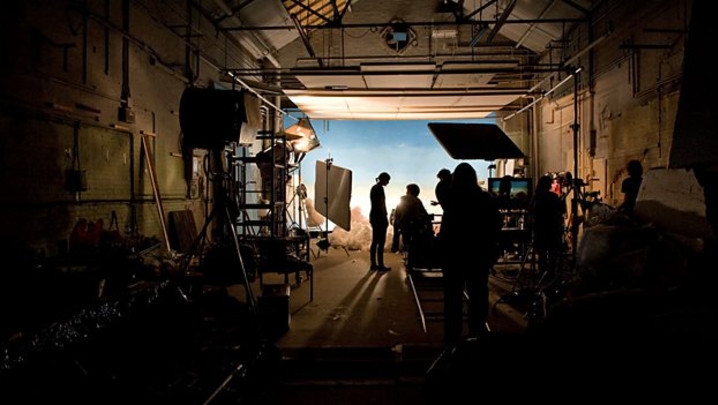Forty years in two hours… time travel through TV industry changes was provided at our RTS event at Sunderland's £9m new Media Centre.
Our two navigators were David Williams, pioneer of media training in the 1960s, and Trevor Hearing, who runs Sunderland's new centre, officially opened just a week earlier by Arts Minister Estelle Morris.
Two video screenings in the digital cinema illustrated remarkable changes. The ATV documentary The Dream Machine showed a world where both television and its academic study were male-dominated, shrouded in cigarette smoke, both examining a strangely hidden world where 40 million people might watch TV but it was largely ignored by newspapers and social commentators. When critics deigned to write about it, their main tone was to sneer W one even wrote that the notion of a mass audience watching TV for entertainment was "immoral". The middle classes said they only had a box "for the au pair".
By contrast, a compilation of Sunderland student work showed an energetic variety of styles and content, produced by a healthy mix of male and female undergraduates from this country and abroad. Much of life was there W but not a cigarette in sight !
Production methods have changed beyond recognition in those 40 years. The 1964 ATV documentary showed recording on 2" tape which was so precious its expensive programme recordings were routinely wiped. Sunderland's new media centre has 40 edit booths storing the work of students on a central server.
David William's students used chairs to shoot makebelieve studio recordings W then popped into Tyne Tees once a term to have a go at doing it for real. Studio and even technicians were free W it was for love, not money. Sunderland has two studios used daily, two control rooms including autocue and a sophisticated effects mixer, a green chroma which sweeps from ceiling across the floor and is impressively sharp, and there's plenty of location equipment too. An interest in hiring was quickly expressed... and an RTS discount swiftly agreed!
All the kit is supplied by Sony W students also have access to web production, DVD creation, and four radio studios (including a drama studio).
Above all, the difference across 40 years is accessibility. David Williams described how the first course outside London was set up at Durham University W it had just 10 students per year (alumni included Eric Wallace who went on to become Border's longstanding presenter). So rare was media training that it attracted an astonishing cast list of speakers who had never before been asked to talk about their craft W Roman Polanski, Ken Loach, Tony Garnett.
By contrast Sunderland has more than a thousand students. More than 90% usually get jobs within six months but not all will be in the media W their skills are seen as transferable. And the evening might produce a few more… David Williams summed it up when he said to Trevor: "When I see what you've got here W wow, I want to start again!"



